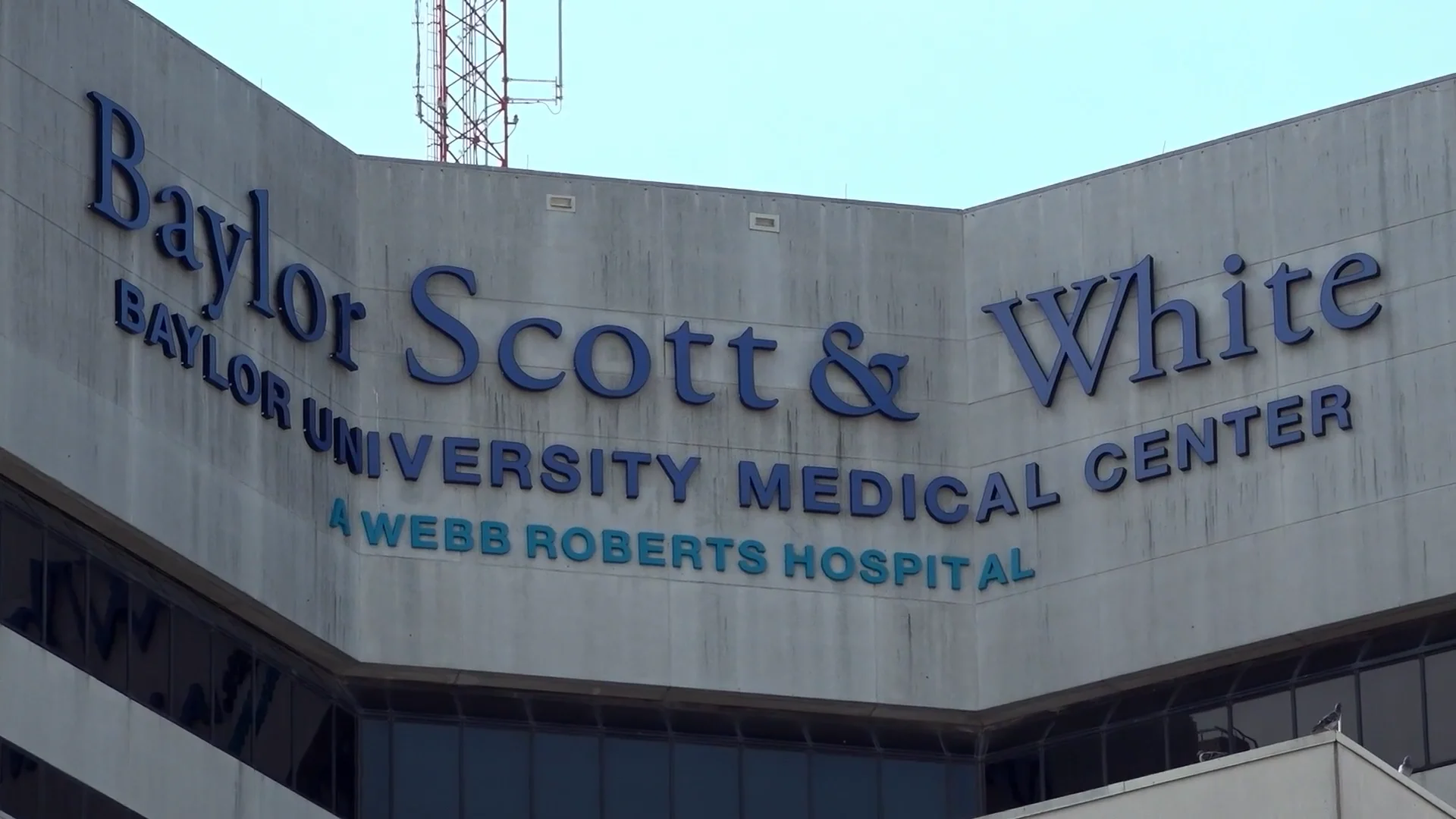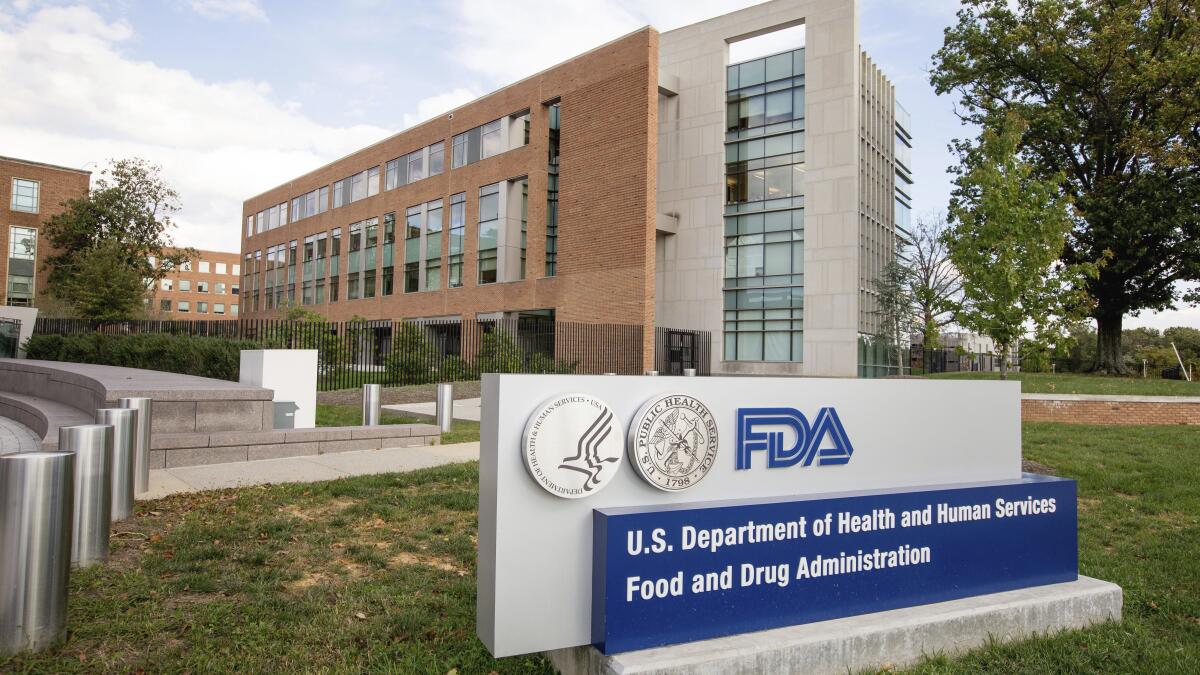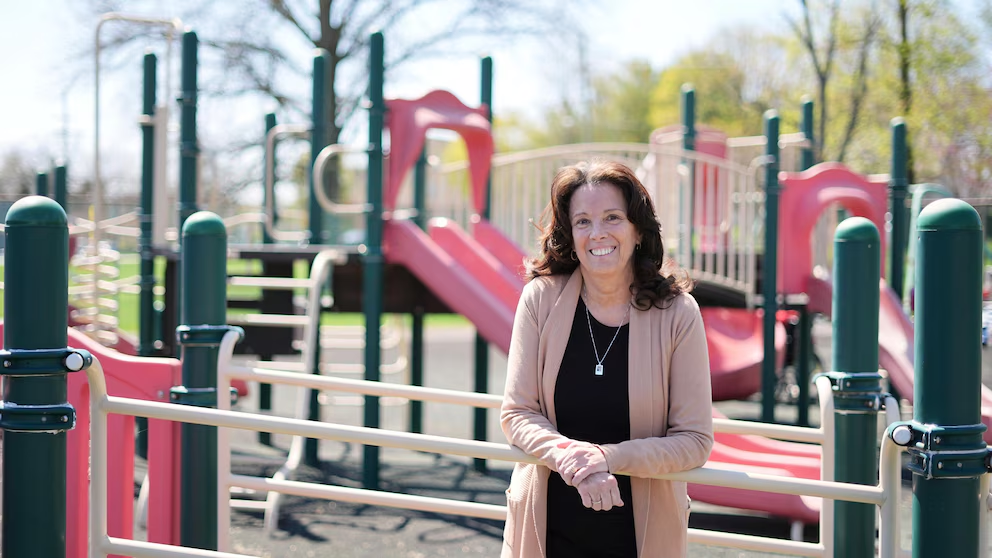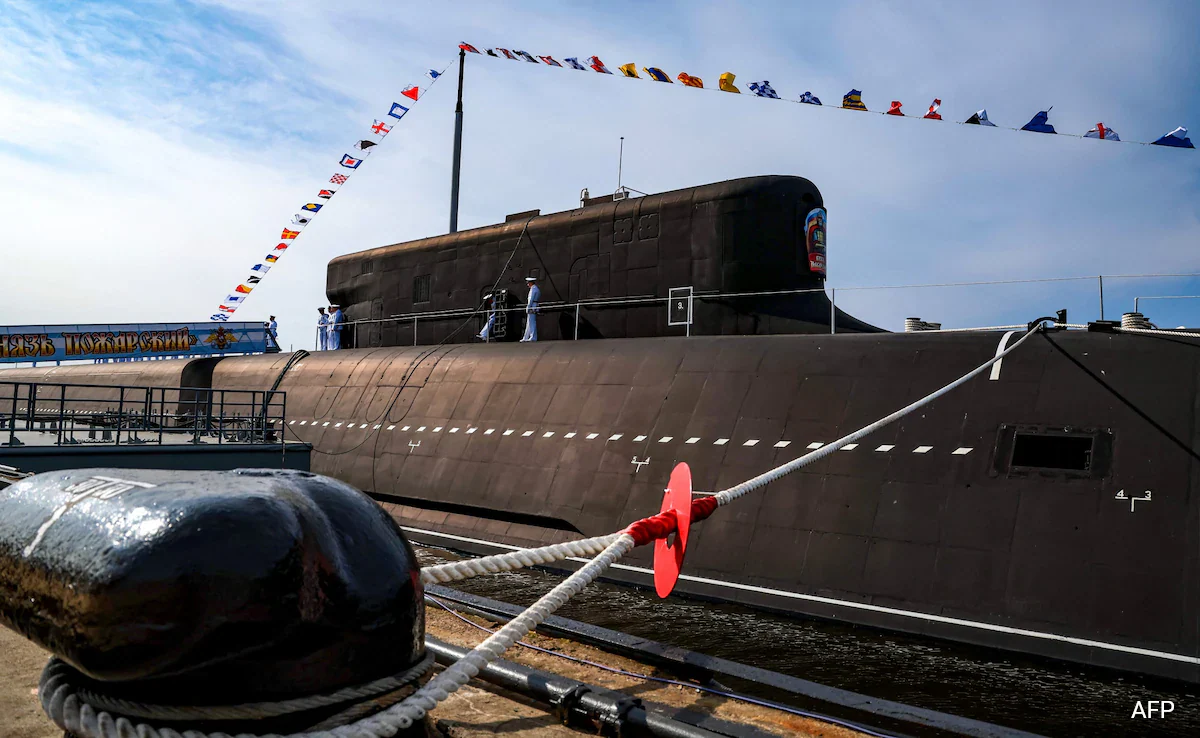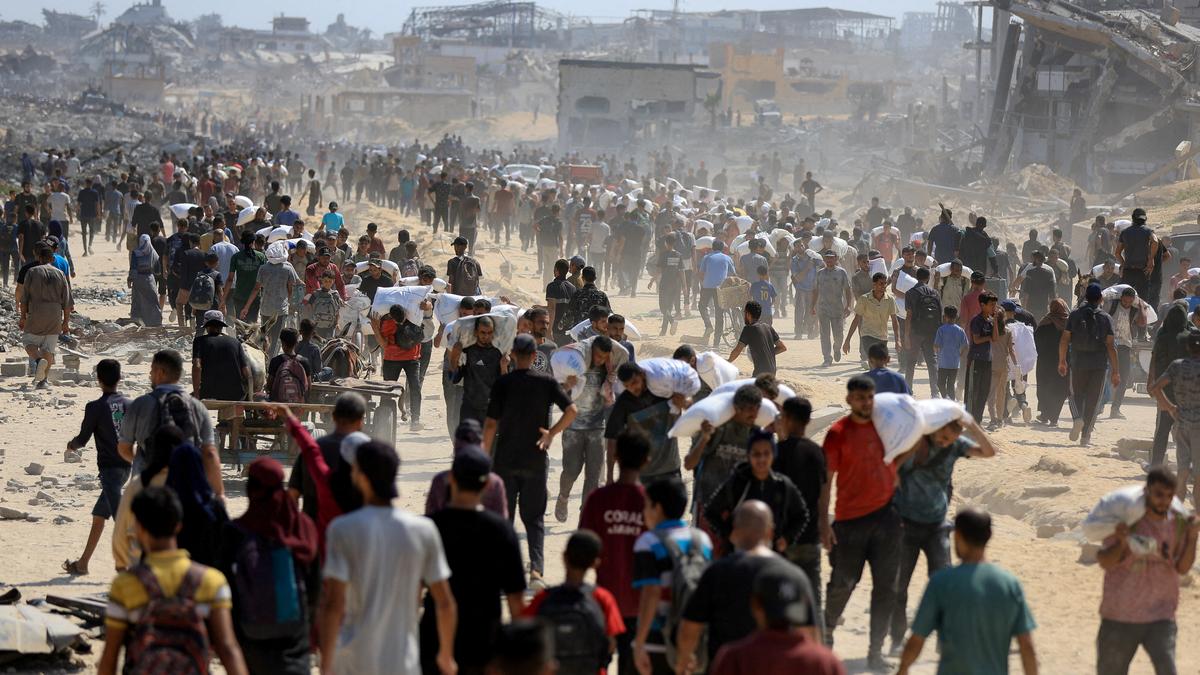
The Ongoing Humanitarian Crisis in Gaza
The Gaza Strip, a densely populated region, has once again become a tragic stage of suffering as the ongoing conflict intensifies. According to recent reports from the Health Ministry of Gaza, a heartbreaking 73 Palestinians have lost their lives while waiting for crucial humanitarian assistance. This devastating toll underscores the extreme urgency and dire conditions faced by civilians caught in the crossfire of ongoing violence.
The crisis in Gaza is characterized not only by the immediate threat of violence but also by severe shortages of essential supplies such as food, water, medications, and medical care. Hospitals are overwhelmed, and the infrastructure is collapsing under constant assault, making it nearly impossible for aid to reach those in need. The latest figures reveal a community pushed to the brink, with innocent lives being lost in what can only be described as a humanitarian catastrophe.
The Tragedy of Waiting: Why Are Civilians Falling Victim?
The Harsh Reality of Aid Blockades
One of the core issues exacerbating the suffering is the blockade imposed on Gaza by various authorities, which severely restricts the movement of humanitarian aid. Despite international calls for a ceasefire or at least humanitarian corridors, aid has repeatedly been delayed or refused, leaving thousands of civilians vulnerable. People desperate to receive life-saving aid find themselves caught in the chaos, sometimes losing their lives before aid can even arrive.
The recent incident, where 73 Palestinians have been reported killed, highlights the dangerous environment where civilians are often targeted or caught in the crossfire while waiting. The inability to access basic needs intensifies their suffering and increases the risk of death, especially among vulnerable groups like children, the elderly, and those with chronic health conditions.
The Human Cost of Conflict and Blockades
- Medical facilities are overwhelmed— with shortages of supplies and staff, many cannot operate effectively in this crisis.
- Food and water scarcity— millions are struggling to access basic necessities essential for survival.
- Increase in civilian casualties— as escalation continues without effective ceasefire measures.
- Psychological trauma— widespread across communities, especially among children witnessing relentless violence.
The International Response and Calls for Action
Global organizations and governments have called on all parties involved to prioritize humanitarian access and protect civilian lives. However, despite these appeals, the situation on the ground remains dire. The United Nations and various NGOs have repeatedly emphasized the need for immediate ceasefire and unhindered humanitarian corridors, but political disagreements and ongoing hostilities hinder progress.
In a recent report by the recent update by U.S. News & World Report highlights the grim reality of the ongoing crisis.
The Humanitarian Toll and Future Outlook
Every day that aid is delayed, more lives are put at risk. The death toll continues to climb, and the survivors face a bleak future marked by physical trauma, grief, and displacement. The families of those killed — including children — are left shattered, mourning loved ones lost in a conflict they cannot escape.
The situation emphasizes the urgent need for international intervention to stop the violence, open humanitarian corridors, and ensure that aid reaches those in desperate need. Without decisive action, the spiral of suffering will only deepen, further entrenching Gaza’s humanitarian crisis.
Voices from the Ground
Many witnesses and aid workers have described scenes of heartbreak and resilience. Despite the chaos, some communities are actively seeking ways to survive and help each other, displaying extraordinary courage amidst unimaginable adversity. Their stories serve as a stark reminder of the cost of ongoing conflict and the importance of international efforts to forge peace and facilitate aid delivery.
Conclusion
The recent tragic loss of 73 lives while waiting for humanitarian aid in Gaza is a somber reflection of the urgent need for effective international response and immediate ceasefire agreements. Civilians continue to suffer immensely, often paying the highest price for conflicts they did not start. It is imperative that global leaders act swiftly to end violence, uphold human rights, and deliver vital aid to save lives.
As the situation remains grim, the voices of those affected call for urgent action and compassion. Ensuring access to life-saving aid and protecting innocent lives should be a collective moral obligation for the international community.
For more updated news please keep visiting Prime News World.


